A Daughter’s Devotion and a Mother’s Second Chance
After nearly 23 years behind bars, Belynda Goff rebuilt her life with the unwavering support of her daughter and a bond that defied injustice.
05.07.25 By Yunseo Chung
The day Belynda Goff came home after decades of wrongful incarceration, her daughter Bridgette Jones felt a rollercoaster of emotions.
“The night before [her release], I had this weird stress reaction like I’ve never had before in my life,” Ms. Jones said. “My face broke out in blisters like I had been in the sun too long. The day she came home was surreal.”
It was on the eve of Ms. Jones’s 18th birthday that Ms. Goff was wrongfully convicted for the murder of her husband in Arkansas despite an astonishing lack of evidence and shoddy police work. Ms. Goff was 34 years old at the time.
Upon her release, Ms. Goff found herself in a world — and family — that had been completely transformed.
“It was like stepping into a different universe,” she recalled. “The technology, the buildings, everything about the world — even my children, who were just babies when I was forced to leave them — was different. Everything had grown.”
Ms. Goff remembers walking across the prison parking lot and realizing that “my babies weren’t babies anymore. They’re the ones offering me shelter and protection.”
In her absence, Ms. Goff’s three children — Ms. Jones, Mark, and Stephen Lee — had families of their own. It was her oldest, Ms. Jones, who stepped in to care for her as she adjusted to her newfound freedom.
“They took me away from my children in chains when they were babies,” Ms. Goff remembered. “One of the last things we were able to do was go through university orientation together and move Bridgette in. I got to be a mother to her one last time.”
Throughout her nearly 23-year incarceration, Ms. Goff steadfastly refused plea deals and continued to maintain her innocence. Her children’s constant support and regular visits were what kept her going until she was finally freed in 2019, when an Arkansas judge ruled that she would likely be acquitted at a new trial due to lack of evidence.
For the first two years, Ms. Goff lived with her daughter and son-in-law — relying on them entirely for support.
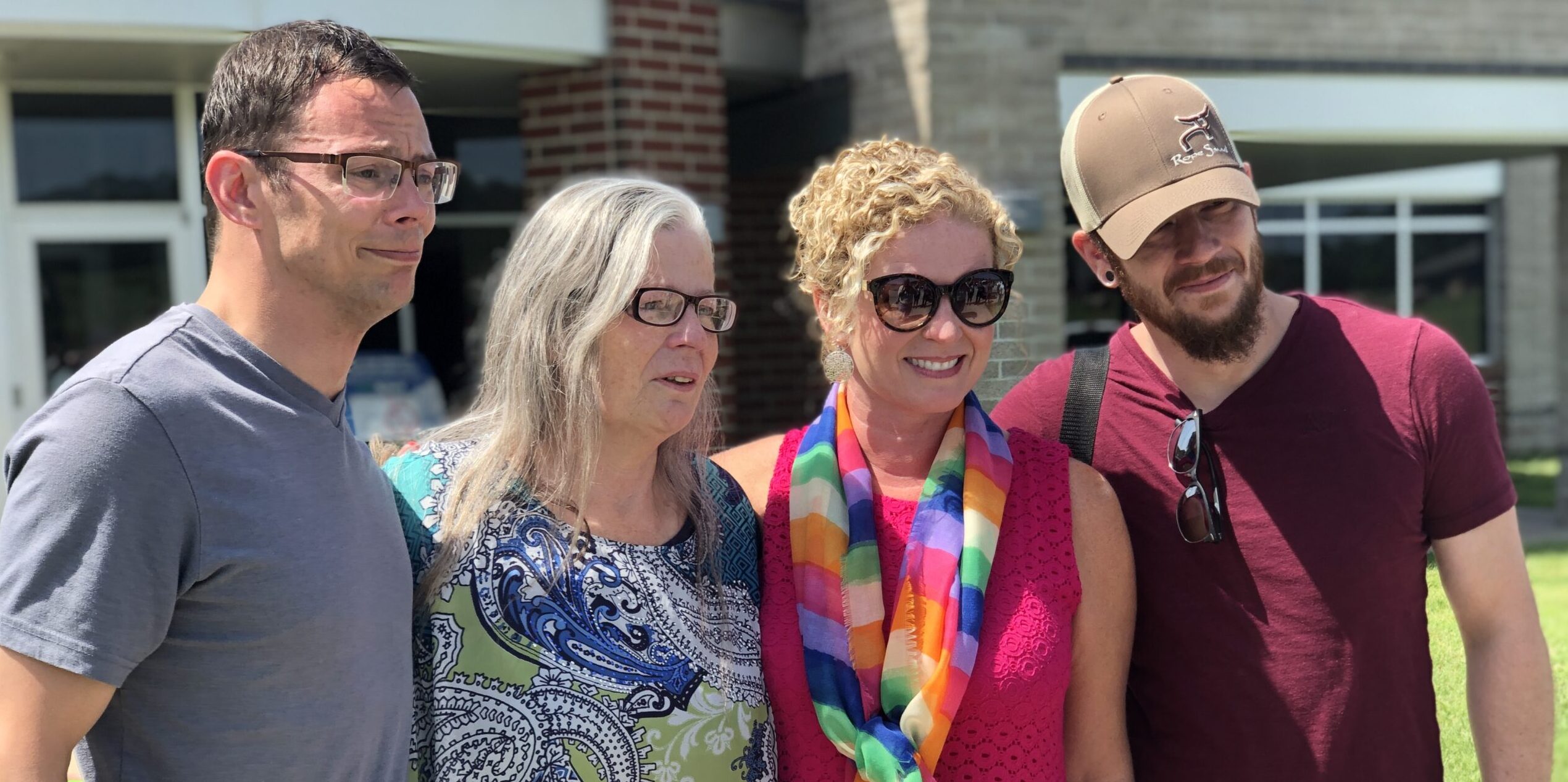
“My babies weren’t babies anymore. They're the ones offering me shelter and protection.”
“My babies weren’t babies anymore. They're the ones offering me shelter and protection.”
Belynda Goff
Belynda Goff with her children, Mark, Bridgette, and Stephen Lee, in 2019. (Photo by Suzy Salamy for the Innocence Project)
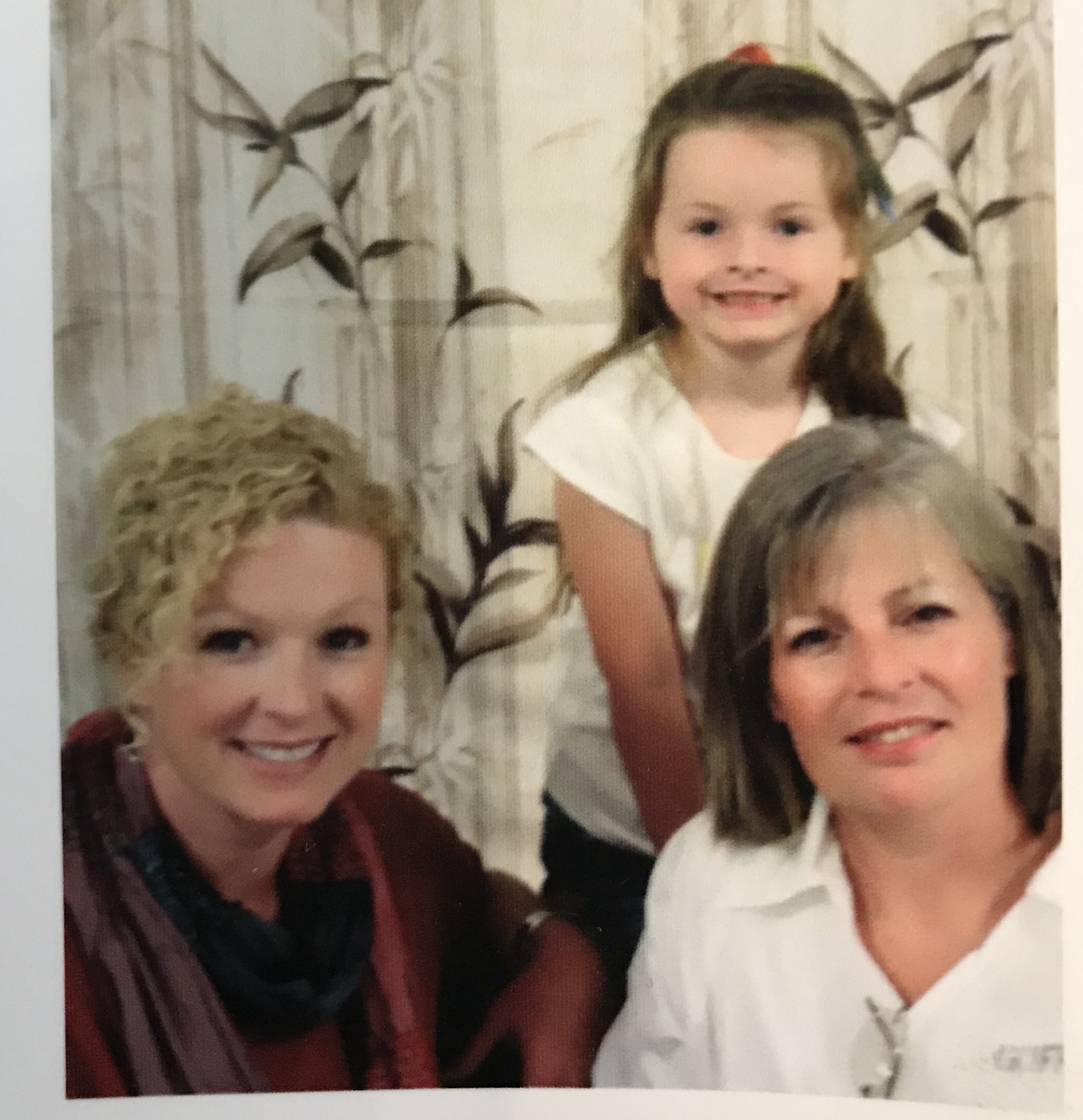
Belynda Goff, her daughter Bridgette Jones, and granddaughter Belle Jones in 2012.
“My daughter carried me,” she said. “I had no income, and getting a job was nearly impossible.”
Ms. Goff left prison with no savings, no credit history, and no formal work experience that employers were willing to recognize. The systemic failures that led to her wrongful convictions did not disappear upon release — neither did the deep social stigma. Even when freed and exonerated people manage to find work, it is often low-wage and unstable, making financial independence nearly impossible in the long run.
“It’s always the same: ‘We’re so sorry for what happened to you, but we don’t hire people with criminal histories,’” Ms. Goff said, recounting the responses she would receive from hiring managers.
But now with a reliable and fulfilling full-time job and ability to support herself, the Arkansas mother is rebuilding her life on her own terms.
“I was very lucky to have this amazing woman to rely on,” Ms. Goff said proudly of her daughter. “She did things for me that I wasn’t able to do for her, as her mother, and it was very bittersweet.”
Ms. Jones, however, said she sees things differently.
“I can’t say that I took care of her ‘after.’ I took care of her ‘during’ [her fight for freedom]. We would balance each other out. If she was having a hard time, I would lift her up and she would do the same for me,” she said. “It was 23 years of emotional turmoil. We had to lean on each other and lean on our family.”
The Innocence Project’s Exoneree Fund helps provide critical support to those rebuilding their lives after exoneration — offering a path toward stability, dignity, and a second chance.
Leave a Reply
Thank you for visiting us. You can learn more about how we consider cases here. Please avoid sharing any personal information in the comments below and join us in making this a hate-speech free and safe space for everyone.
June 11, 2025 at 5:52 pm
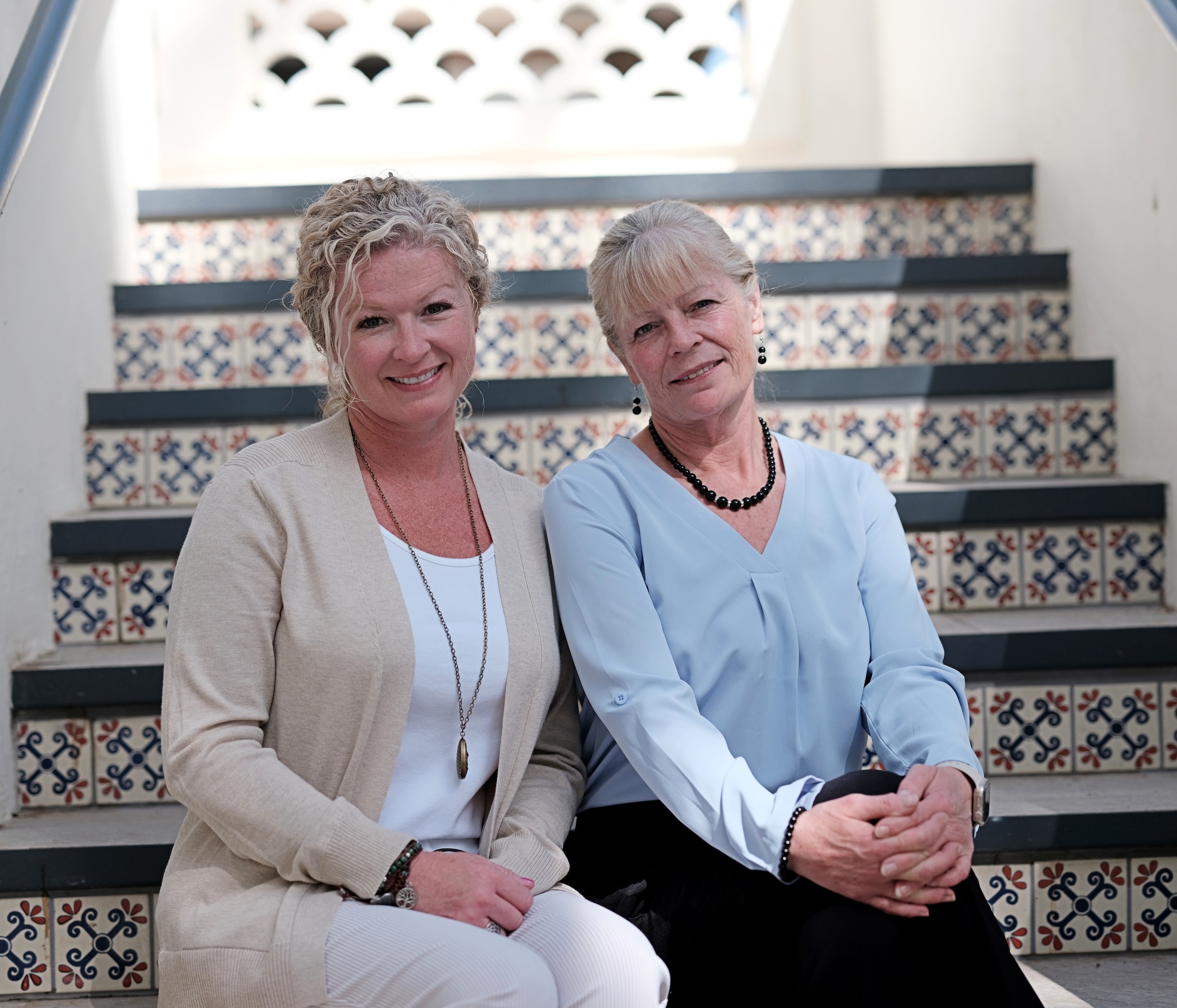
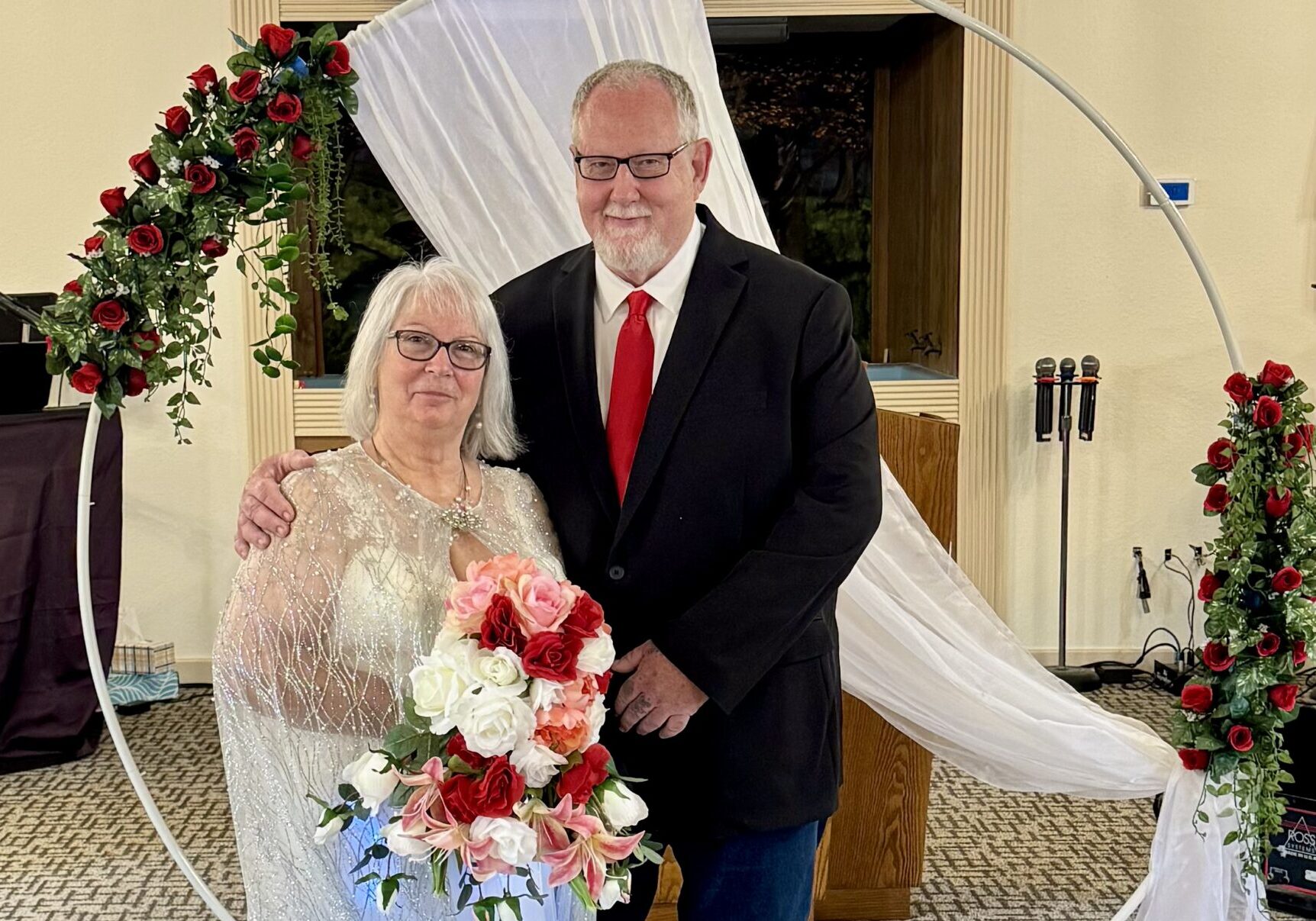
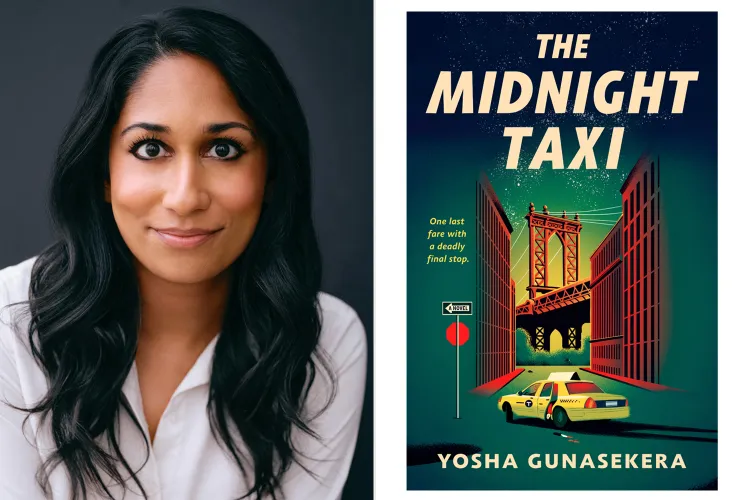
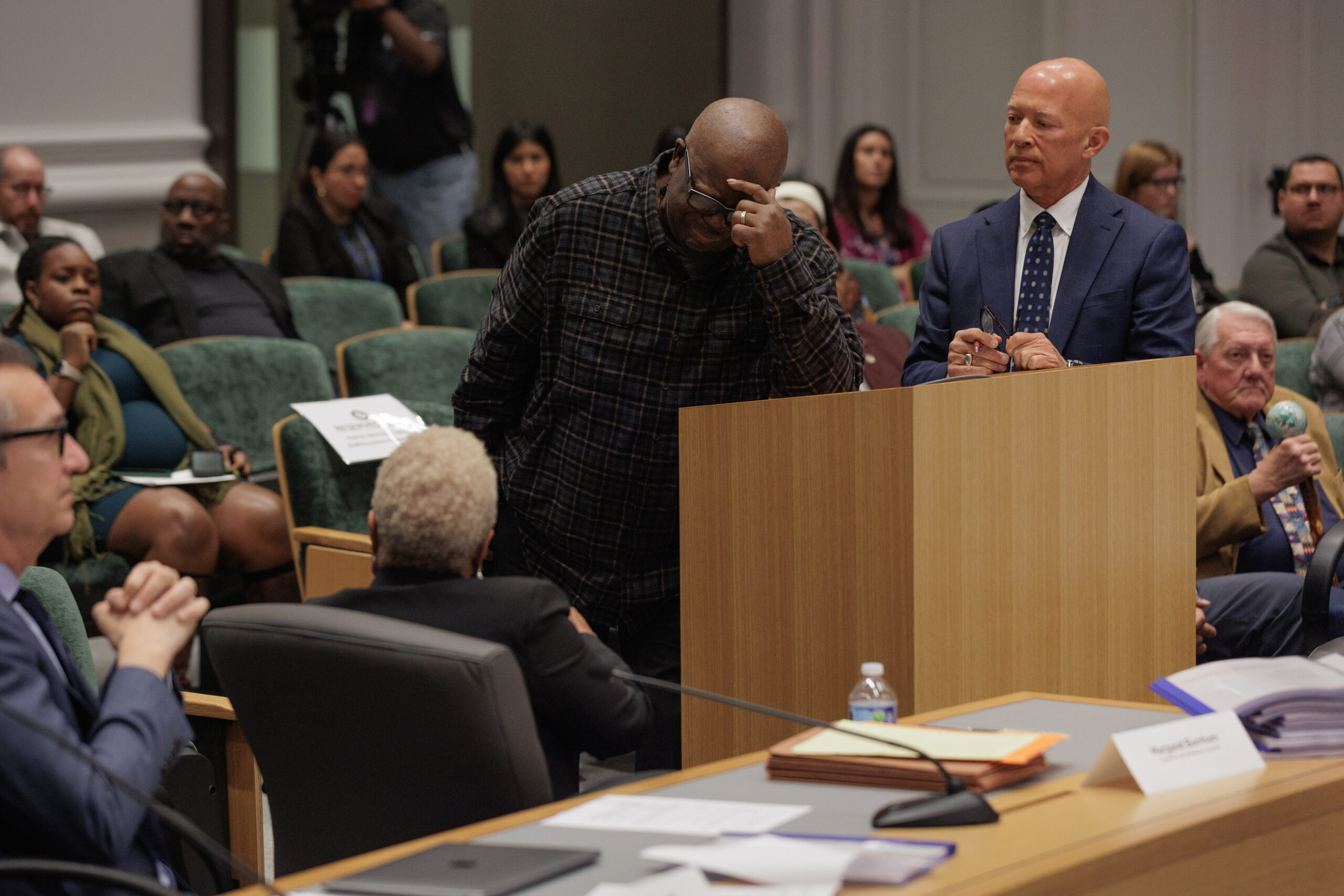
I’m always struck by these wrong convictions that happen with ‘no real evidence’. So good to read positive news and what the Innocence Project provides in the way of support. I also don’t understand that a person released, especially wrongly convicted, is considered someone with a criminal record. Make no sense to me. Even still, if someone has paid their dues, so to speak, society should give a chance and not hold the past against them.
Gratitude for the work and efforts, Gwen